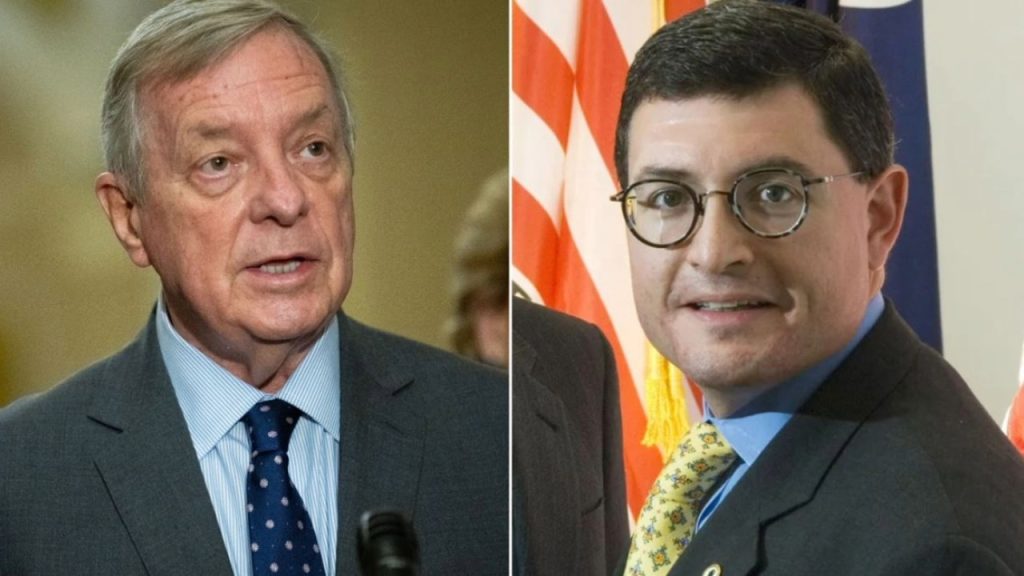Conservative activist Leonard Leo has been subpoenaed by the Senate Judiciary Committee as part of an investigation into Supreme Court ethics, a move he has labeled as politically motivated. Leo, a key figure in the Federalist Society, has been criticized for his involvement in advising former President Donald Trump on the nominations of Supreme Court Justices Neil Gorsuch, Brett Kavanaugh, and Amy Coney Barrett. The committee has demanded information regarding gifts and payments from Leo to Supreme Court justices, with Democrats specifically targeting Justice Clarence Thomas for alleged ethics violations.
Leo’s lawyer has stated that Leo will not comply with the “unlawful and politically motivated subpoena” issued by the committee. This refusal stems from concerns about the nature of the investigation, which Leo’s legal team argues is politically charged and discriminatory. Conservatives have criticized the effort, pointing out that many involved in the reporting on the justices’ activities have undisclosed ties to Democratic causes. The committee has also authorized a subpoena for GOP donor Harlan Crow as part of its legislative efforts to establish an effective code of conduct for the Supreme Court.
ProPublica’s reporting on the travel habits of Justices Thomas and Alito has been a focal point of the investigation, with Leo being singled out by the committee. Leo and his legal team have contested these efforts, pointing out that trips taken by other justices, including Stephen Breyer and Ruth Bader Ginsburg, have not resulted in inquiries from the committee. Leo’s defiance of the subpoena has led to the committee moving forward with the compulsory process, with Senator Dick Durbin stating that Leo has played a central role in the ethics crisis facing the Supreme Court.
While Durbin expects Leo to acknowledge the gravity of the congressional subpoena, there are options available to the Senate to enforce compliance if necessary. The ongoing back and forth between Senate Democrats and Leo highlights the contentious nature of the investigation into Supreme Court ethics. Leo’s refusal to comply with the subpoena reflects broader concerns about the political motivations behind the inquiry and the implications for free speech and political opposition. As the situation continues to unfold, there is likely to be further scrutiny of the ethics of Supreme Court justices and those involved in advising and supporting them.


